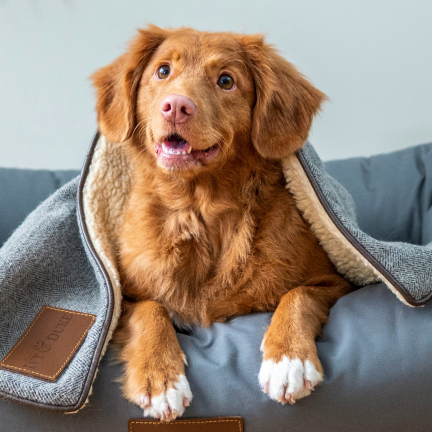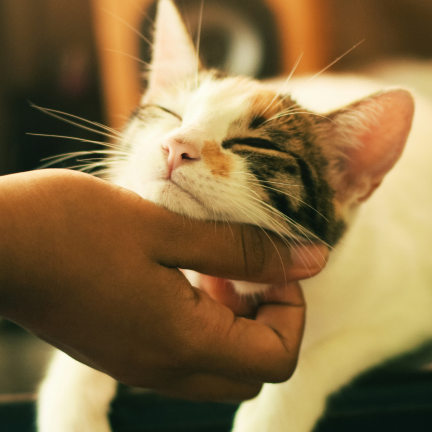Blog:How to Take Care of Your Dog After Surgery

If your dog has just undergone surgery, you need to know how to care for them to help them get better sooner. Generally, dogs recover from abdominal or soft-tissue surgeries faster than those that involve ligaments, bones, or joints.
Soft tissue surgeries take around six weeks to recover fully, but you may start noticing improvement two or three weeks after surgery. Procedures that involve bones or ligaments may take longer to recover. Full recovery may take up to six months, although you may start seeing progress eight or twelve weeks after surgery.
Here are a few things you should remember as you care for your dog after surgery.
Always Follow Your Vet's Aftercare Guidelines
After your dog's procedure, the vet surgeon or nurse will give you clear and detailed guidelines on caring for your dog at home. You must keep to your vet's guidelines and follow them carefully.
If there is any instruction that is not very clear, be sure to request clarifications. Your vet at Hamilton Animal Hospital can remind you if you return home and forget some instructions. They will be happy to clarify and help you grasp the aftercare instructions they have given you.
Aftereffects of Anesthesia
Immediately after the procedure, your dog will have poor balance and may not maintain an upright posture on its own. Remember to walk slowly or walk behind your dog so you can catch them when they tumble.
Help your dog into the car and onto the bed or couch, and keep them away from children and other pets. Kids or other pets may slam into your dog, causing them to fall or respond violently because of pain.
Your dog will also feel groggy and may go into lengthy sleeping periods. Check on them occasionally and take them outside to poop or pee. Otherwise, they may do it in bed. Call the vet if your dog is still sleepy or lethargic 36 hours after the procedure. Lethargy could signal infection.
Provide a Secure and Healthy Space for Recovery
Before bringing your dog home, ensure they come to a safe and healthy space. Your dog will need a calm, quiet place to recover, with water and food within easy access.
A soothing and comfortable environment will inspire your dog to rest. You can entertain your dog by doing non-strenuous activities to keep them stimulated because you will not go for walks or play with them for some time. If you have other dogs or pets that may try to play with the recuperating one, you may want to keep them in separate spaces.
Feeding Times
Anesthesia can sometimes cause nausea. Because of that, your dog may refuse to eat after the procedure. The dog may also not want to drink water. To reduce the risk of vomiting, wait until later to feed your dog. If nausea does not resolve after 24 hours, contact your vet.
Also, stick to your vet's instructions on how to nourish your dog. Your dog may need a special post-operation diet or return to its usual diet. Either way, your vet can tell you how often and how much to feed them.
For more on caring for your dog after surgery, visit Hamilton Animal Hospital at our office in Huntington Beach, California. Call (714) 964-4744 to book an appointment today.



